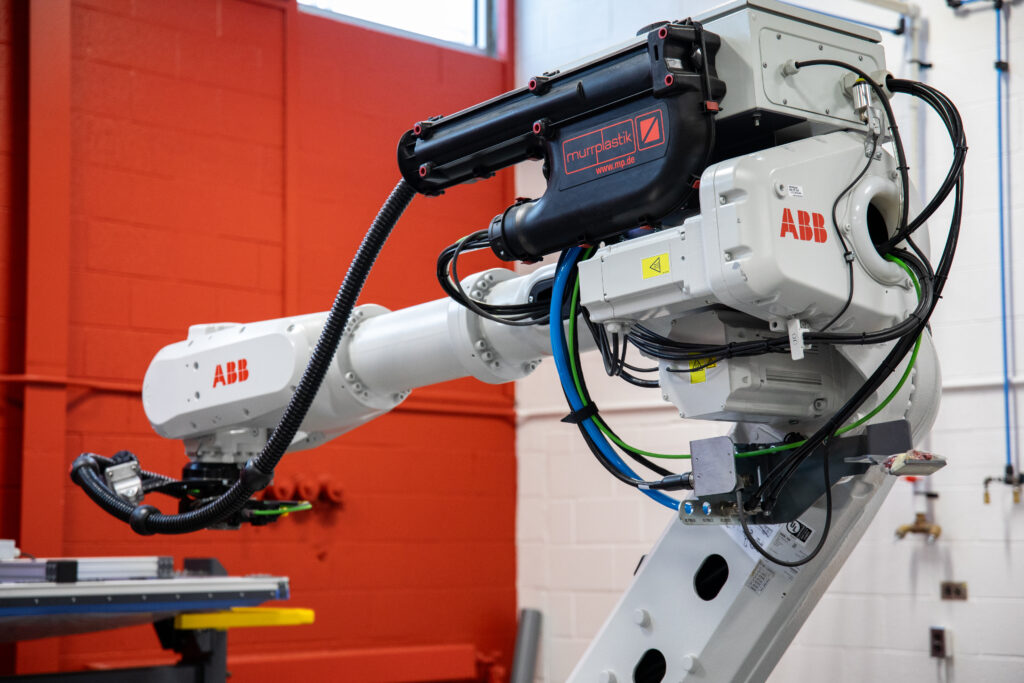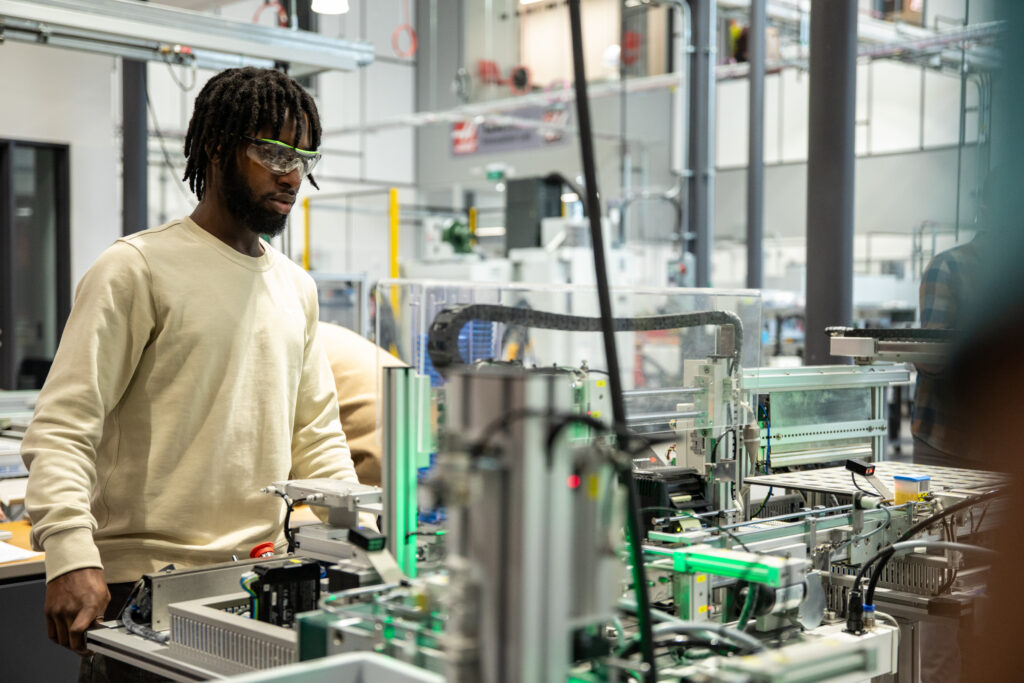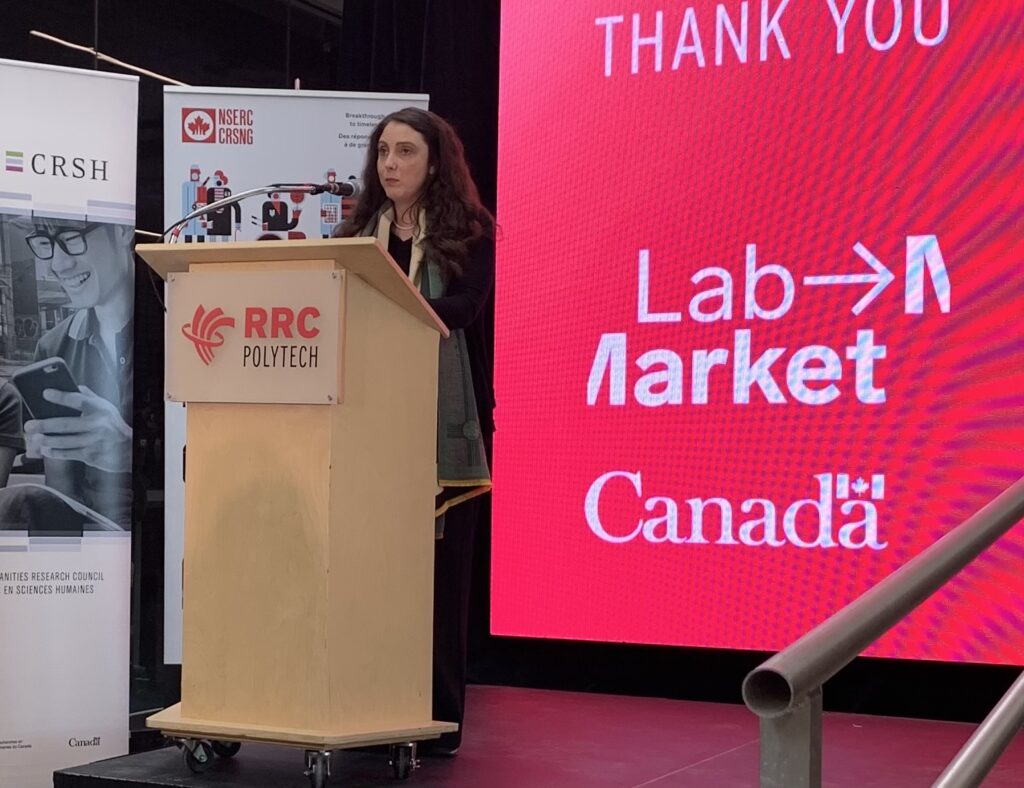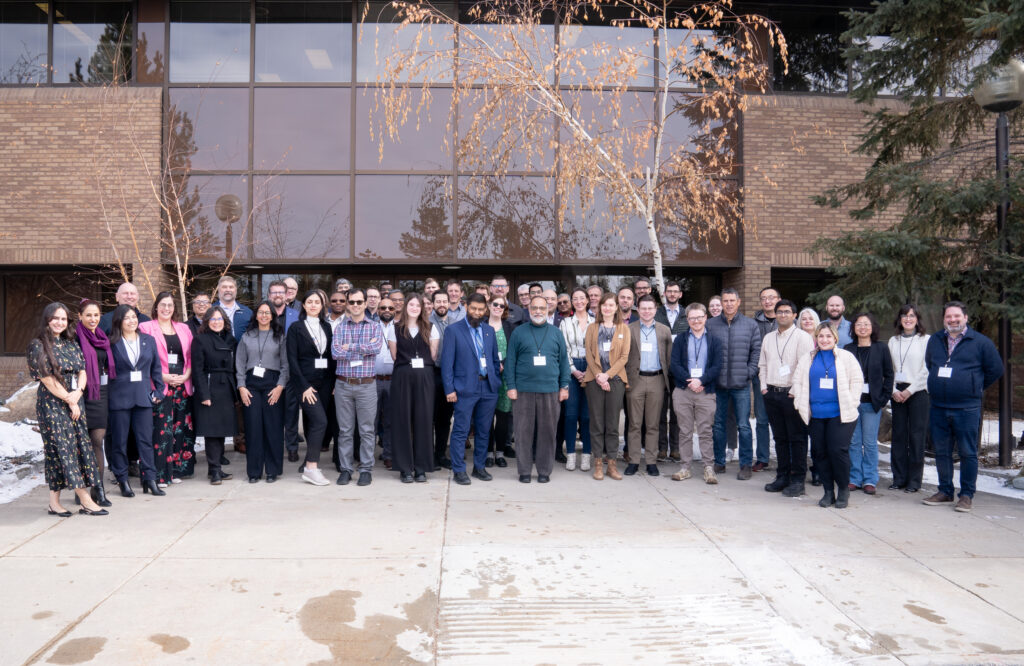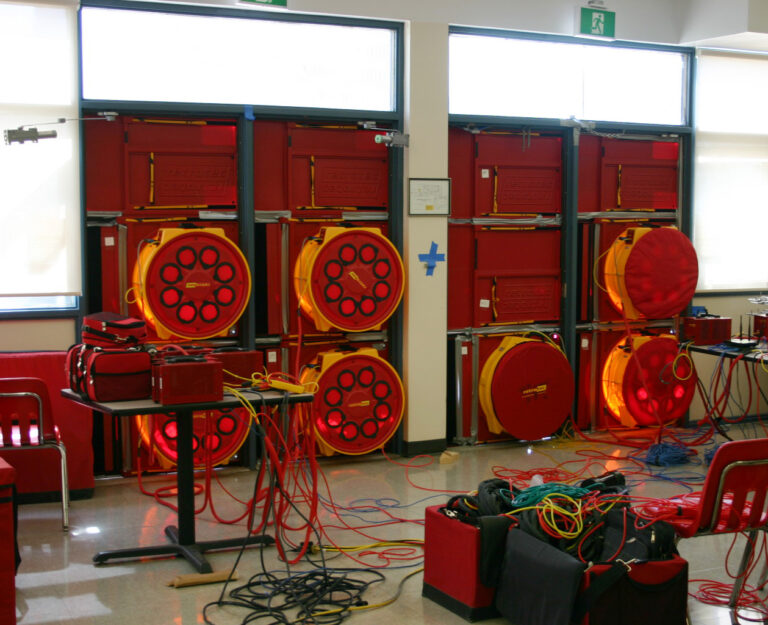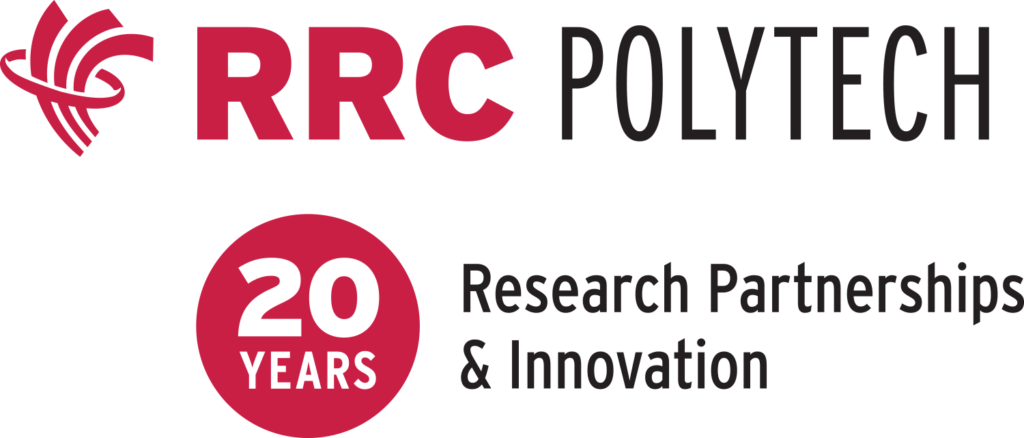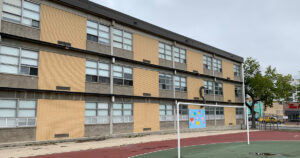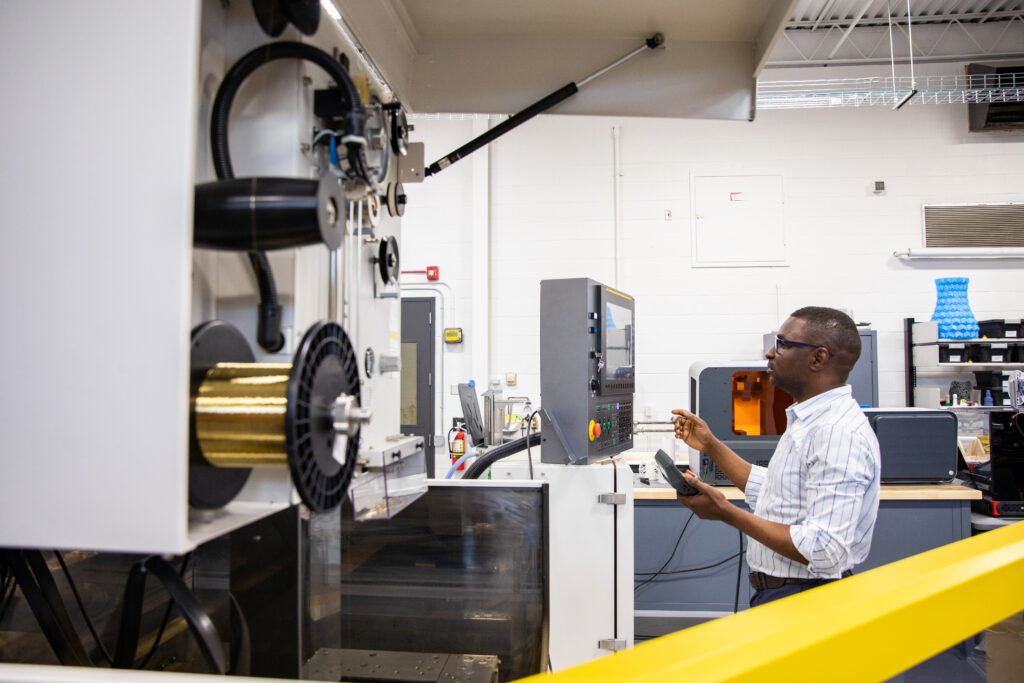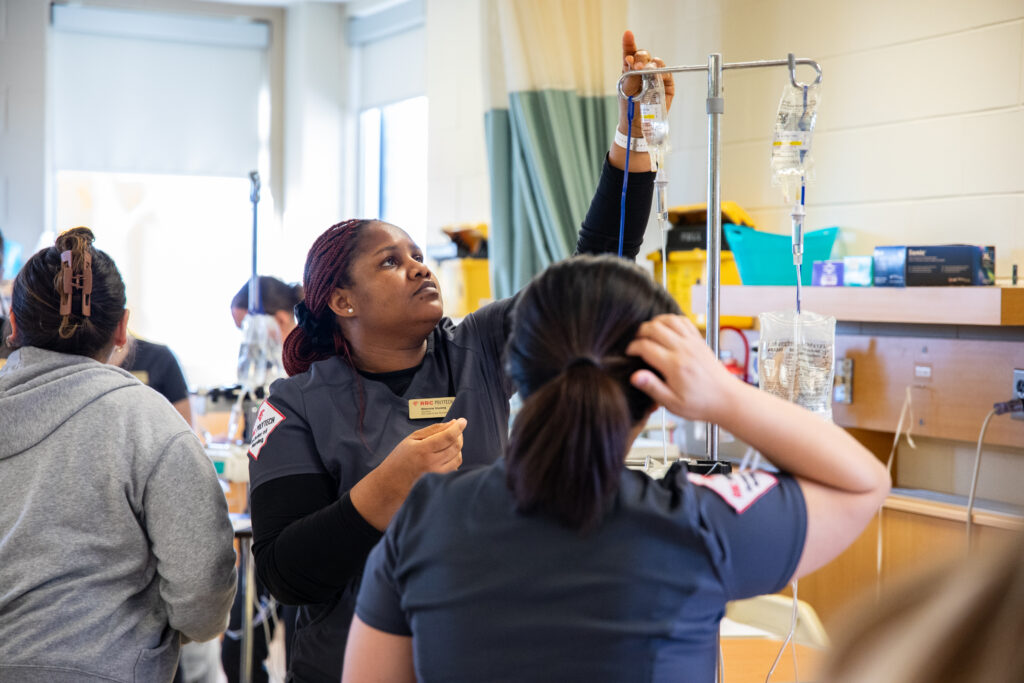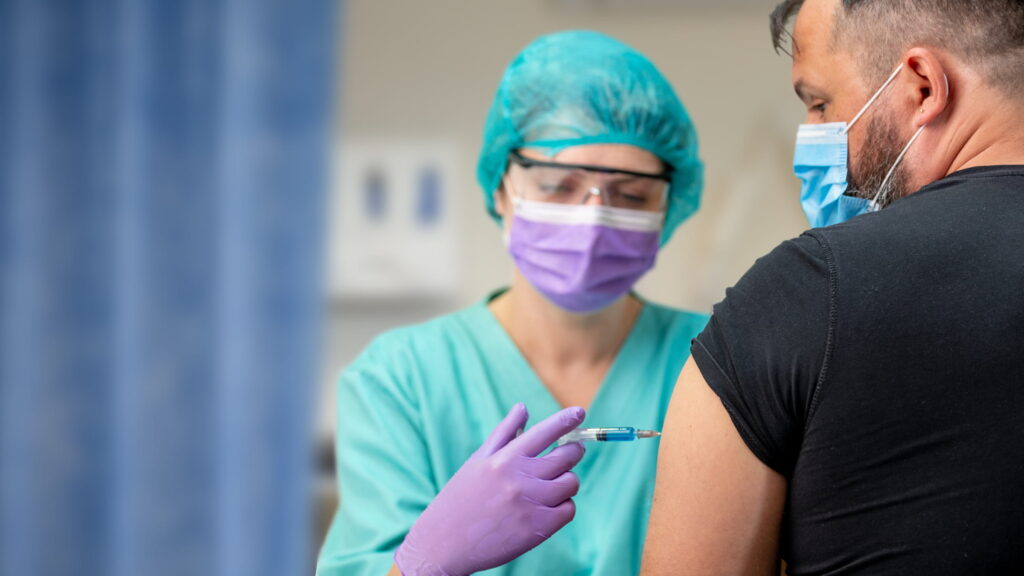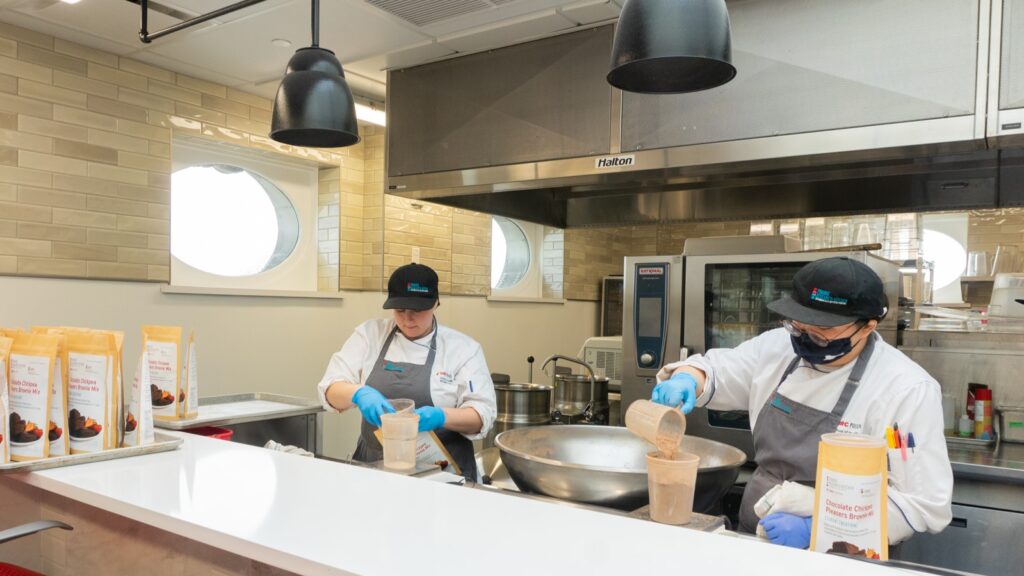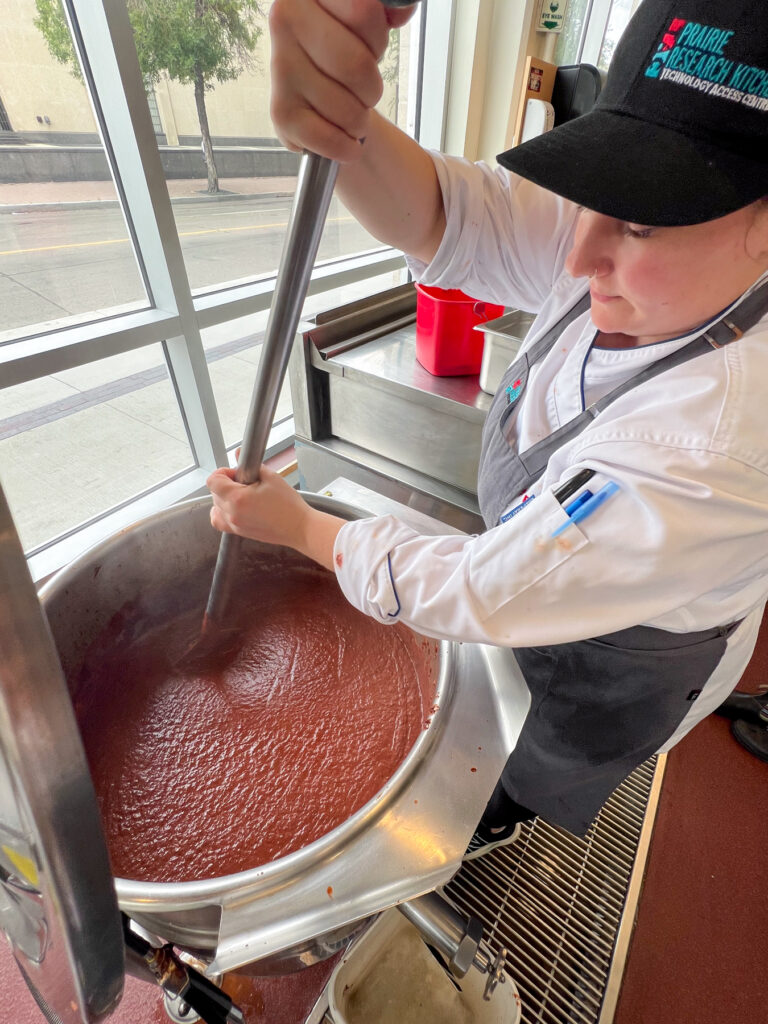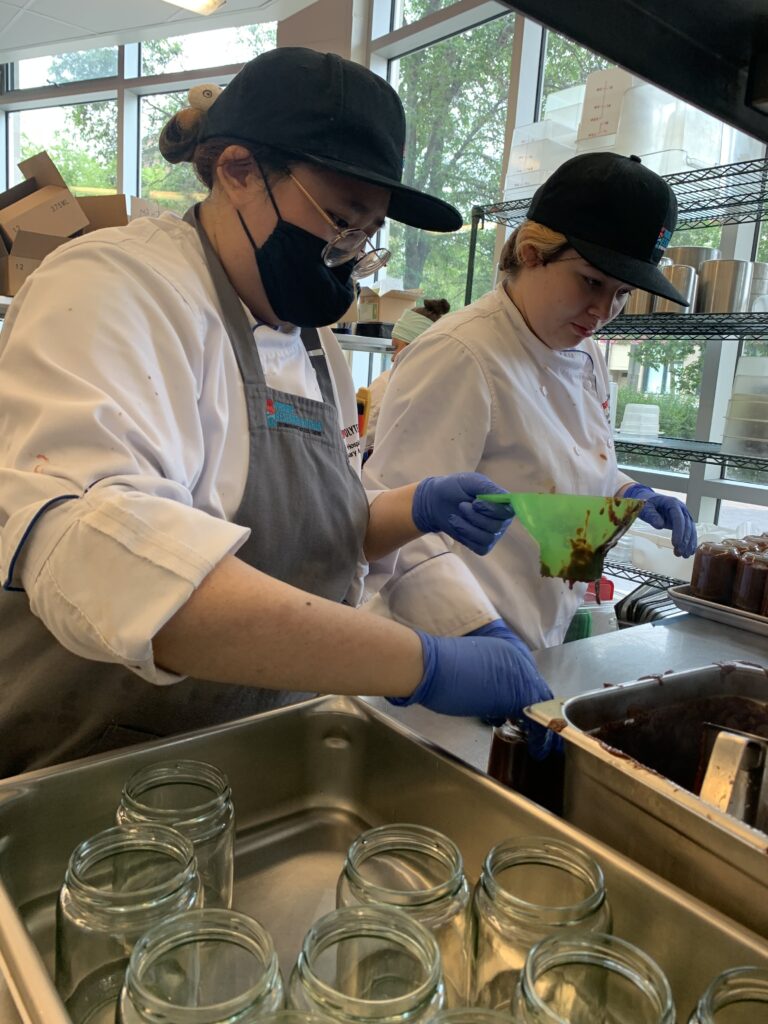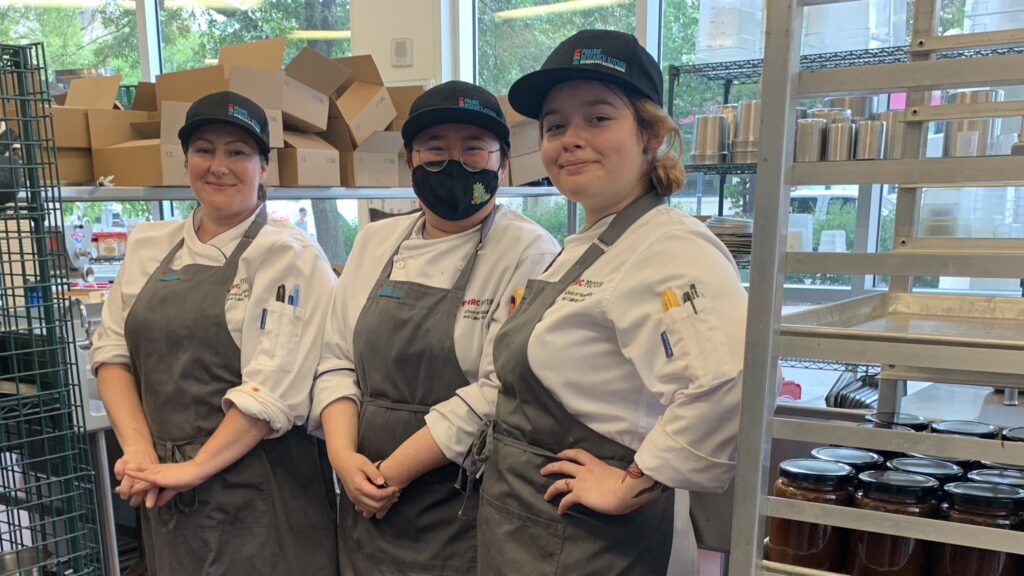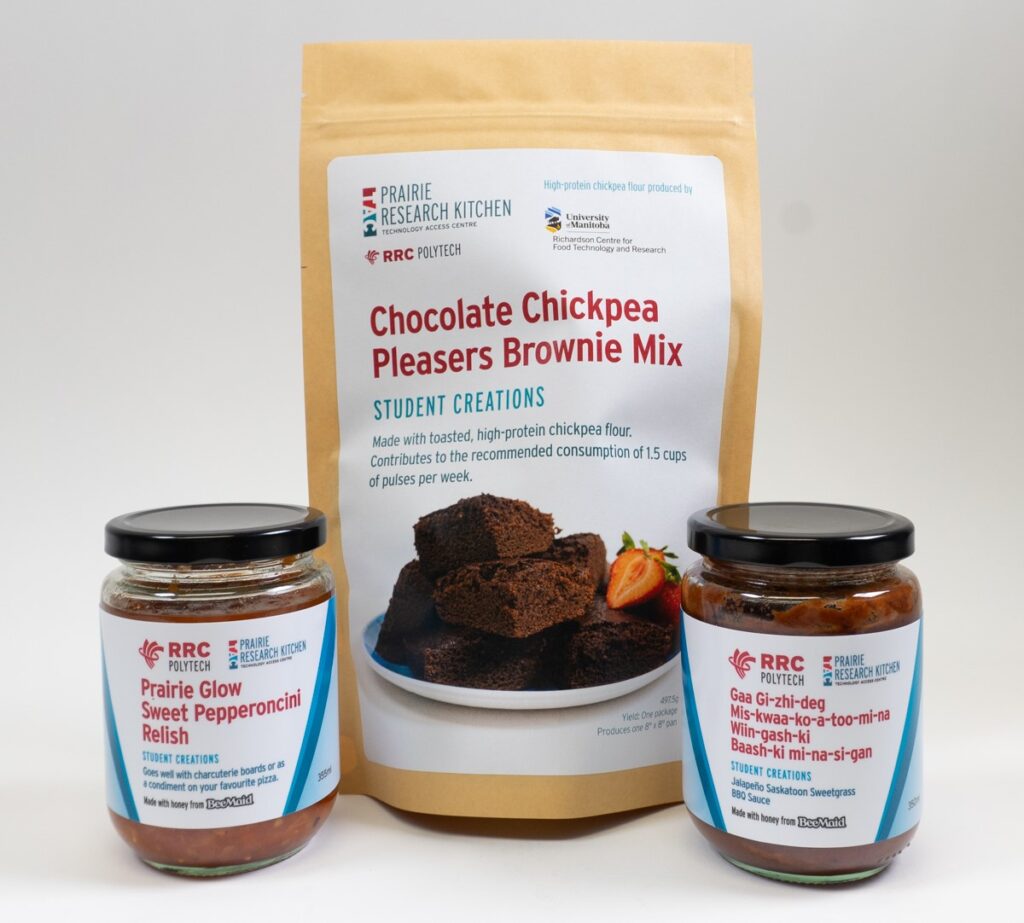RPI’s Office of Applied Research Services (OARS) welcomes new Director, Dr. Kristen Kindrachuk
Research Partnerships & Innovation (RPI) is pleased to welcome Dr. Kristen Kindrachuk as the new Director of the Office of Applied Research Services (OARS). Named the successful candidate through a competitive process, Kristen will lead the administration and support the operation of applied research (AR) at RRC Polytech through OARS – which provides expertise, enables opportunities for researchers and partners, and drives AR excellence across our campuses.
Kristen is a strategic leader with extensive expertise in research administration, funding management, and cross-sector collaboration. Her experience spans pre- and post-award research management, large-scale proposal development, contract negotiation, and project oversight.

Kristen received her BSc and MSc from the University of Manitoba and her PhD in Microbiology and Immunology from the University of British Columbia. She trained as a postdoctoral fellow at the National Institutes of Health (NIH) in Bethesda, Maryland and was employed as an Adjunct Professor teaching graduate studies in Pathogenic Microbiology at Hood College. Her experience at Ripple Effect Inc. consulting on projects for the NIH Office of Behavioural and Social Sciences Research and the NIH Office of Extramural Research sparked her interest in pursuing a career in research administration.
Upon returning to Winnipeg in 2016, she joined the University of Manitoba as a Research Facilitator and Business Development Officer to gain experience in funding administration. During the height of the COVID-19 pandemic, she managed response efforts at the Vaccine and Infectious Disease Organization (VIDO) at the University of Saskatchewan where she served as Project Manager and Intellectual Property (IP) Manager.
Since 2022, Kristen has pursued her passion for funding administration at the Canadian Institutes of Health Research Institute of Infection and Immunity (CIHR-III) where she served as the scientific and strategic lead to the CIHR HIV/AIDS and Sexually Transmitted and Blood Borne Infections (STBBI) Research Initiative – a federal research priority that delivers $21M annually in research funding. To continue to hone her leadership skills, Kristen is currently pursuing a part-time MBA with a concentration in Leadership and Organizations at the University of Manitoba.
Her leadership, vision, and passion for research excellence will be invaluable to our community.


